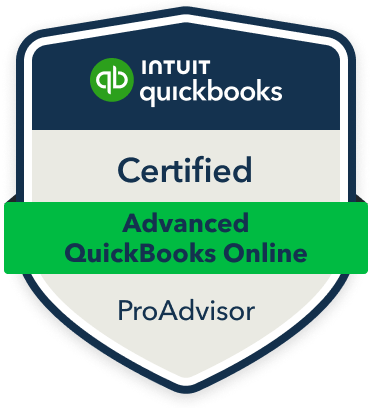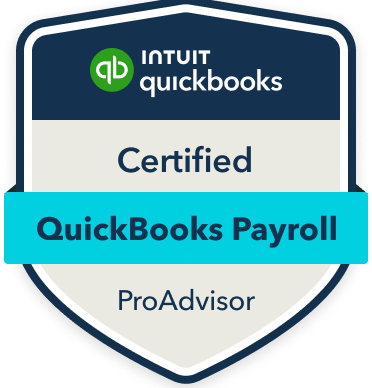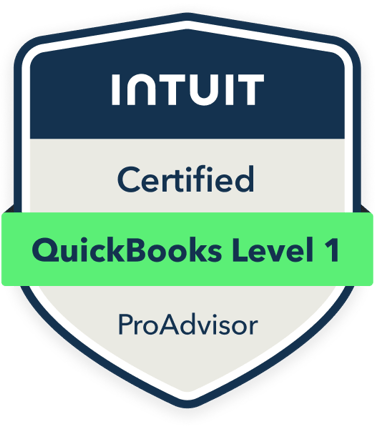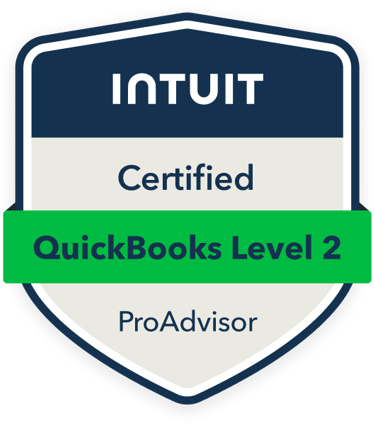How Bookkeeping Software Can Streamline Your Business Finances
In today's fast-paced business environment, accurate and efficient data entry is essential for small businesses to maintain financial integrity and make informed decisions. Automated data entry through bookkeeping software is revolutionizing the way businesses manage their finances. By leveraging this technology, businesses can streamline their operations, reduce manual errors, and free up time for more strategic tasks. See how automated data entry is enhancing accuracy and efficiency in business financial management.


How Bookkeeping Software Can Streamline Your Business Finances
In today's fast-paced business environment, efficient financial management is crucial to staying competitive. Bookkeeping software has revolutionized the way businesses manage their finances, offering powerful tools to streamline processes, improve accuracy, and provide valuable insights. This blog post explores how bookkeeping software can transform your financial management and help your business thrive.
Automation of Routine Tasks
One of the most significant advantages of bookkeeping software is its ability to automate routine financial tasks, which can save time and reduce errors. Key automated features include:
Invoicing: Automatically generate and send invoices to clients, track their status, and follow up on overdue payments.
Expense Tracking: Link bank accounts and credit cards to the software to automatically categorize and track expenses, reducing manual data entry.
Payroll Management: Automate payroll processing, including calculating wages, withholding taxes, and generating pay stubs.
Reconciliation: Automatically reconcile bank statements with your financial records, ensuring accuracy and identifying discrepancies quickly.
Improved Accuracy and Reduced Errors
Manual bookkeeping is prone to errors, which can lead to financial discrepancies and compliance issues. Bookkeeping software minimizes these risks by:
Eliminating Manual Entry: With automated data entry, the risk of human error is significantly reduced.
Real-Time Updates: Financial data is updated in real-time, ensuring that you always have accurate information at your fingertips.
Built-In Error Detection: Many software solutions include tools to detect and flag potential errors, such as duplicate entries or mismatched accounts.
Enhanced Financial Reporting and Analysis
Bookkeeping software provides powerful reporting and analysis tools that can help you gain deeper insights into your business's financial health. Benefits include:
Customizable Reports: Generate detailed reports on profit and loss, cash flow, balance sheets, and more, tailored to your specific business needs.
Data Visualization: Use charts and graphs to visualize financial trends, making it easier to interpret data and identify patterns.
Forecasting: Leverage historical data to create forecasts and projections, helping you plan for future growth and financial stability.
Budgeting: Create and monitor budgets, allowing you to track performance against financial goals and adjust as needed.
Streamlined Tax Preparation and Compliance
Tax season can be stressful for businesses, but bookkeeping software simplifies the process by:
Organizing Financial Records: Keep all your financial records organized and easily accessible, reducing the time spent gathering information for tax filing.
Generating Tax Forms: Some software solutions can automatically generate tax forms, such as 1099s and W-2s, based on your financial data.
Tracking Tax Deductions: Easily track deductible expenses throughout the year, ensuring you take advantage of all available deductions.
Compliance Alerts: Receive alerts for upcoming tax deadlines and changes in tax laws, helping you stay compliant and avoid penalties.
Better Cash Flow Management
Effective cash flow management is essential for business success, and bookkeeping software helps you achieve this by:
Monitoring Receivables: Track outstanding invoices and follow up on overdue payments to ensure timely cash inflow.
Managing Payables: Schedule and track payments to suppliers, ensuring you meet payment deadlines and maintain good relationships.
Cash Flow Forecasting: Generate cash flow forecasts to anticipate periods of low cash flow and plan accordingly.
Payment Integrations: Integrate payment processing solutions to streamline the collection of payments from customers and reduce delays.
Enhanced Collaboration and Accessibility
Bookkeeping software allows multiple users to access financial data simultaneously, facilitating collaboration across departments. Key features include:
Cloud-Based Access: Many software solutions offer cloud-based access, allowing you to manage your finances from anywhere, at any time.
User Permissions: Set different levels of access for team members, ensuring that sensitive financial information is protected.
Real-Time Collaboration: Collaborate with your accountant, bookkeeper, or financial advisor in real-time, speeding up decision-making and problem-solving.
Scalability and Flexibility
As your business grows, your financial management needs will evolve. Bookkeeping software offers the scalability and flexibility to adapt to these changes:
Adding Users and Features: Easily add new users, features, or modules as your business expands, without the need for a complete system overhaul.
Customizable Solutions: Choose from a range of software options that cater to different business sizes and industries, ensuring you get the right fit for your needs.
Integration with Other Tools: Many bookkeeping software solutions integrate seamlessly with other business tools, such as CRM systems, e-commerce platforms, and inventory management software.
Cost Savings
Investing in bookkeeping software can lead to significant cost savings in the long run:
Reduced Labor Costs: Automation reduces the need for manual bookkeeping tasks, allowing you to either reduce bookkeeping staff or redirect their efforts toward more strategic activities.
Minimized Errors and Penalties: By reducing errors and ensuring compliance, you avoid costly penalties and the need for time-consuming corrections.
Optimized Financial Management: Improved cash flow management and budgeting can lead to more efficient use of resources and better financial decision-making.
Data Security
With financial data being highly sensitive, security is a top concern for businesses. Bookkeeping software offers robust security features, such as:
Data Encryption: Protect your financial data with encryption, both during transmission and while at rest.
Regular Backups: Automatically back up your data to prevent loss in case of hardware failure or cyberattacks.
Access Controls: Implement multi-factor authentication and role-based access to ensure only authorized personnel can access financial information.
Bookkeeping software is a powerful tool that can streamline your business finances, improve accuracy, and provide valuable insights to support growth and success. From automating routine tasks to enhancing collaboration and security, the benefits of implementing bookkeeping software are clear. By adopting the right solution for your business, you can save time, reduce costs, and focus on what really matters—growing your business.
Whether you're a small business owner or managing a larger enterprise, investing in bookkeeping software is a smart move that will pay dividends in efficiency, accuracy, and financial control.








